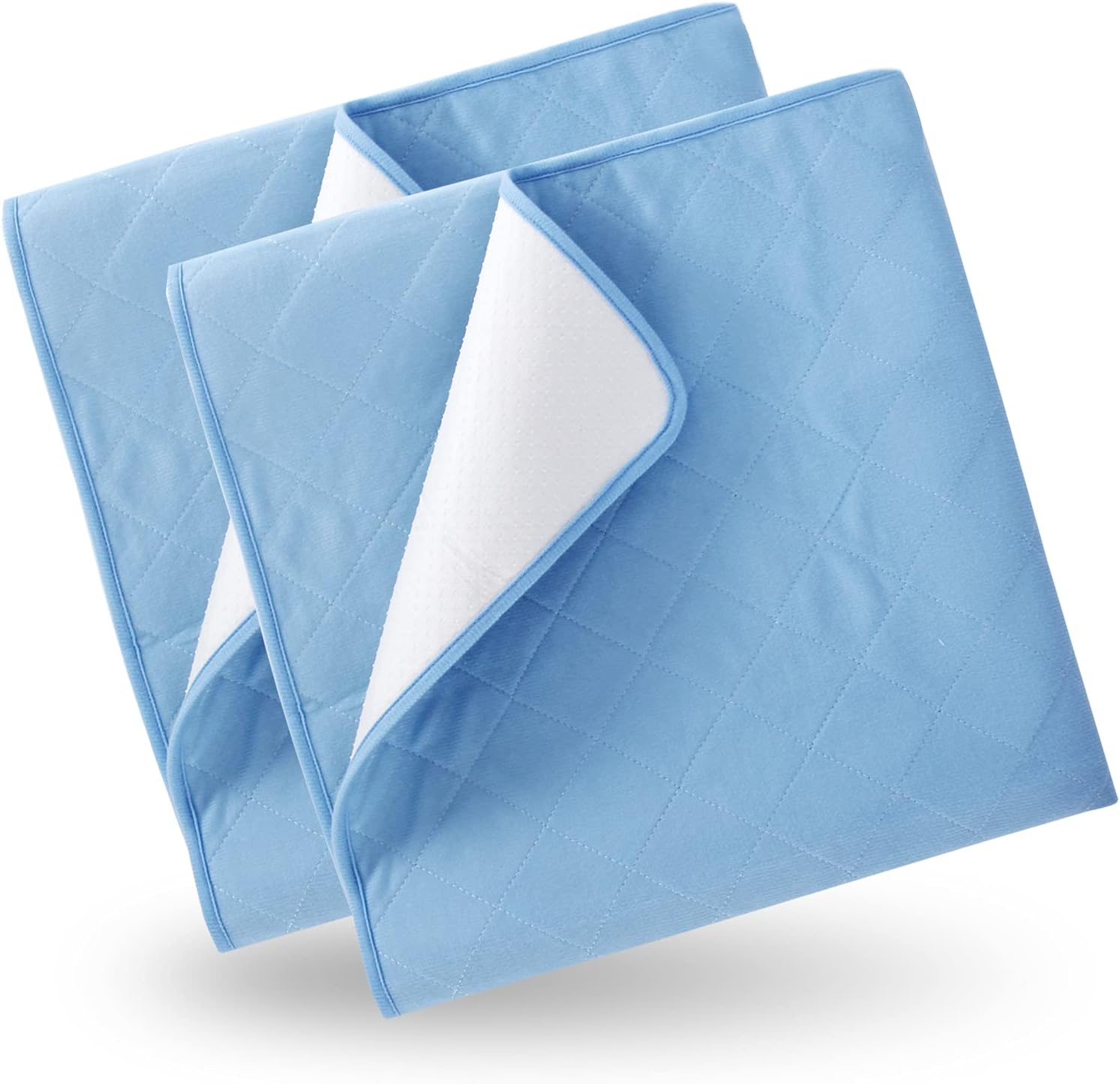
During the holiday season, we are reminded that cold and flu season is in full swing. We may be passing around the holiday cheer and eggnog, but we are also passing around a whole host of viruses and bacteria that can make the winter months anything but jolly.
If you are a new parent or a parent of a new baby, you may be wondering how to best protect your baby during this year's cold and flu season. You should follow the American Academy of Pediatrics' guidelines about how to keep your little one healthy through the holidays and into the New Year.
If your baby is over six months old, the AAP does recommend that your baby receive the flu shot before the peak of the flu season, which begins in January. For the best protection, you should also make sure that all caregivers and family members also receive a flu vaccine if they are able to.
Your baby can receive a flu vaccine at his or her well-child check-up or depending on what type of insurance you have, it may be best to schedule all of your vaccines together. You can also visit many walk-in clinics, even at places like your local grocery store, to get very low-cost or even free flu vaccines for the entire family. If you are breastfeeding your baby, it is safe to receive the flu vaccine.
In 2016, the AAP also recommended that no one receive the nasal spray form of the flu shots, as they have been found to be ineffective against the flu strains, so they won't offer your baby or you the protection you need.
Special Circumstances
Another new recommendation: the AAP is now concluding that flu vaccines are safe even for individuals with egg white allergies. The AAP found that the flu vaccine is also considered safe for individuals with allergies to egg whites, as the amount of egg white protein found in the vaccine did not increase any rates of anaphylactic reactions.
The AAP also recommends that parents of infants with special medical conditions, including sickle cell anemia, asthma, HIV, or immune system disorders, take extra care to make sure that all caregivers and family members are fully vaccinated.
Many parents also wonder if it is safe to have their baby receive the flu shot if the baby is sick and running a fever. The AAP explains that it is safe to receive the flu vaccine if the baby has a minor illness, such as a cold, with a low-grade fever. If your baby has a "moderate to severe" illness or fever, however, you should talk to your doctor to see if she or he recommends the flu vaccination at that time.
Flu Prevention
What else can you do to reduce your baby's risk of the flu, especially if he or she is under six months old? You can follow this tips for staying healthy:
- Breastfeed, if possible, as it improves your baby's immunity and can help fight off an influenza infection if it does occur.
- Wash your hands frequently with regular soap and water. Anti-bacterial soap is not recommended.
- Keep surfaces and toys that your baby comes into contact with sanitized and cleaned regularly (you can check the AAP's list of recommended and safe cleaners to use on surfaces that will come into contact with your baby).
- Hand-washing with soap and water is always the preferred method of hygiene, but if no other alternatives are available, an alcohol-based hand sanitizer can be used for children who are over 24 months. For infants under the age of two, a wet wipe or even a paper towel soaked with water can be used to clean the hands when necessary.
- Consider the use of a diffuser in your home. One study found some evidence that the essential oil thieves can help to reduce the influenza virus. Although you should not use a diffuser in a room where the baby is sleeping or ever leave a baby alone in a room with a diffuser or place it anywhere near a baby because it could cause breathing problems or burn the baby, using it in a common area in your home, such as the kitchen, might help prevent the spread of germs before the flu affects you and your family. Check with your doctor before using any essential oil, especially if your baby has any respiratory issues, such as asthma.






